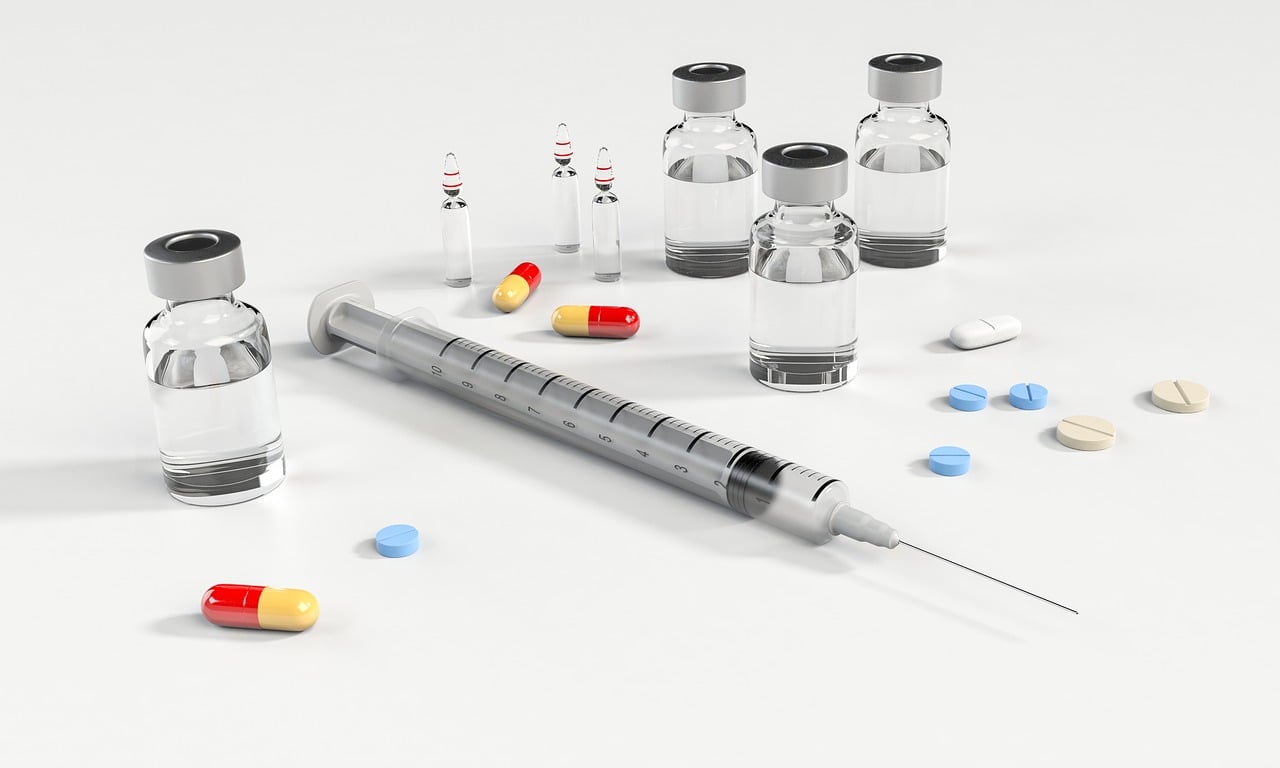
Cancer continues to be a major health challenge globally, claiming millions of lives each year. However, the landscape of cancer diagnosis and prevention is undergoing a transformative evolution, thanks to groundbreaking technological advancements. Today, about 80% of cancers can be prevented if detected early or managed through lifestyle modifications—a statistic that shines a hopeful light on the future of oncology. Early detection not only improves treatment outcomes but also empowers individuals to take charge of their health proactively. Understanding this backdrop offers a glimpse into the revolutionary tools and strategies that are enabling this shift from reactive treatment to proactive prevention.
One of the most exciting developments in cancer diagnostics is the integration of artificial intelligence (AI). AI is no longer a concept confined to sci-fi movies; it is actively transforming how medical professionals identify and analyze tumors. For instance, the iStar tool developed by Penn Medicine’s Perelman School of Medicine can analyze tissue samples within minutes, identifying abnormalities that might elude even the most experienced human eyes. Artificial intelligence algorithms excel at detecting subtle patterns in medical images, streamlining diagnosis and reducing human error. Hypothetically, imagine a future where AI not only diagnoses but also predicts cancer risk with pinpoint accuracy, helping clinicians craft personalized treatment paths before cancer develops. This leap in diagnostic speed and precision marks a new era in precision oncology.
Complementing AI’s prowess, liquid biopsies have emerged as a game-changer in non-invasive cancer detection. Traditional biopsies involve invasive tissue sampling, which can be painful and sometimes risky. Enter liquid biopsies—blood-based tests that detect cancer-related genetic material circulating in the bloodstream. A prime example is the Shield test by Guardant Health, which has recently received FDA approval for colorectal cancer detection. By simply drawing a patient’s blood, clinicians can gain crucial insights without the discomfort of traditional methods. This revolution in screening is expected to dramatically increase early detection rates, especially for cancers that are often diagnosed in later stages. Intriguingly, the convenience of liquid biopsies might also pave the way for more frequent and personalized monitoring, allowing people to track their cancer risk from home.
Mass spectrometry technology, used in devices like the MasSpec Pen, offers yet another fascinating dimension to cancer diagnostics. This tool allows surgeons to analyze tissue in real-time during operations, accurately identifying cancerous cells almost instantly. The ability to differentiate between healthy and tumor tissue on the spot enhances surgical precision, ensuring complete removal of malignancies while preserving as much healthy tissue as possible. This technology is akin to having a molecular microscope in the operating room, offering a molecular “snapshot” that helps guide critical surgical decisions. The MasSpec Pen exemplifies how integrating cutting-edge tools in clinical settings is directly influencing patient outcomes by minimizing the chance of recurrent tumors.
Beyond diagnostics, personalized prevention is gaining momentum through innovative platforms like OncoPreventer. By harnessing genetic data and advanced screening tools, OncoPreventer takes a comprehensive approach to cancer risk management. Tailoring prevention to individual risk profiles moves away from the one-size-fits-all paradigm toward highly customized strategies. This means personalized nutrition plans, supplement regimens, and timely screenings are designed based on each person’s unique genetic makeup and lifestyle factors. What makes OncoPreventer particularly compelling is its continuous monitoring feature, which adapts recommendations in real-time as new health data becomes available. Imagine a digital health assistant that evolves alongside you, ensuring your cancer risk mitigation plan remains relevant and effective. Such integrative prevention models represent the future of personalized medicine, offering hope that many cancers can be prevented before they develop.
The ongoing revolution in cancer diagnostics and prevention offers an encouraging narrative—where early detection blends seamlessly with personalized care. By adopting these advanced tools and strategies, individuals gain unprecedented control over their health trajectories, potentially reducing the global cancer burden. These innovations underline the importance of regular screenings, lifestyle modifications, and embracing technological advances to stay ahead of cancer. As AI-driven diagnostics, liquid biopsies, molecular analysis, and personalized preventive plans become more accessible, the prospect of transforming cancer from a formidable adversary into a manageable condition feels increasingly attainable. The fusion of technology, genetics, and individualized wellness heralds a promising future where cancer’s impact is significantly diminished.
#CancerPrevention #EarlyDetection #PersonalizedMedicine #ArtificialIntelligence #LiquidBiopsy #OncoPreventer #MedicalInnovation
Leave a Reply